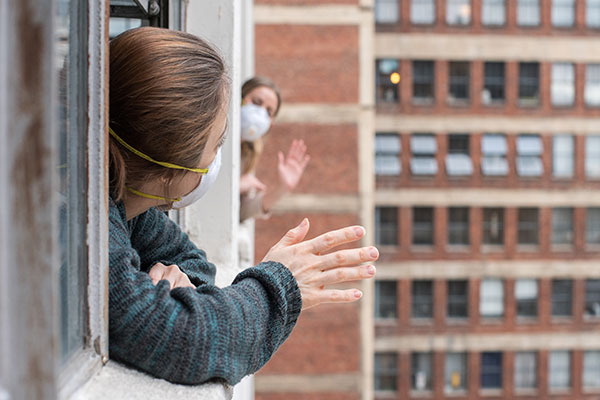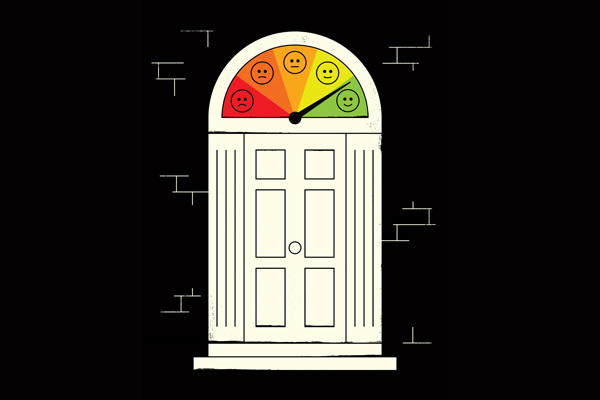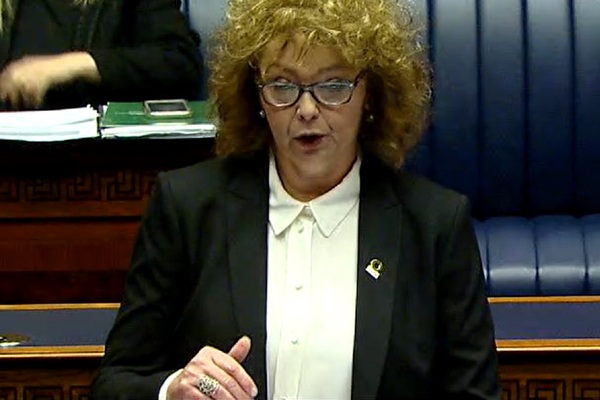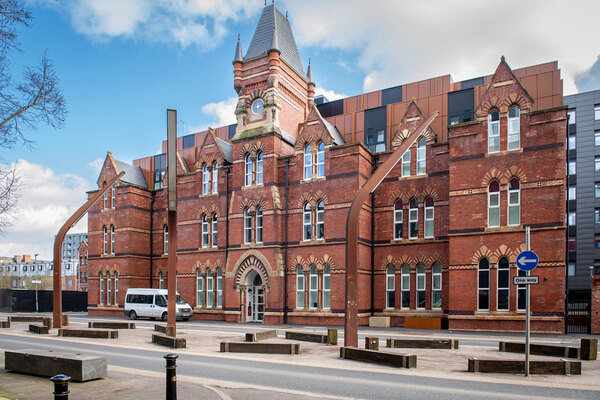You are viewing 1 of your 1 free articles

Alison Inman is a board member at Saffron and Tpas; former president of the CIH; and co-founder of SHOUT
Time for community takeovers of services run by multiple landlords?
Most towns and cities have neighbourhoods where many social and private landlords have stock – with varying service and support standards, despite the fact individuals themselves are living in a community. Could they not be handed more power, asks Alison Inman
I’m not sure whether this article is going to make much sense which, to be honest, feels very 2020.
The past six months have been the strangest many of us have ever experienced and have laid bare the inequalities and inequity that run so deep in 2020. They have also connected many of us to our communities, our neighbours and our localities in many new ways.
Our homes mattered so much during lockdown, but so did the green spaces around them, other amenities, like broadband, and the relationships we have with each other. Who owned our homes? That mattered less.
Over the past year or so I’ve had a couple of conversations with Mike Gaskell, then at Trowers & Hamlins, now retired and, among other things, chair at Leeds and Yorkshire Housing Association. Mike advised both Rochdale Boroughwide Housing and Merthyr Valleys Homes on their conversion to mutual status and we have talked about using some of those principles but in a multi-landlord, place-based context.
I was chair at Colchester Borough Homes, the North Essex ALMO for five years. We provided housing management, asset management and repairs for the council (which has since transferred many more services) and were accountable to tenants and leaseholders, the local authority, the regulator and the wider community for the services we provided. The council was very clear about the cost, about performance and about what they perceived to be ‘mission creep’. They had an iron grip on the Housing Revenue Account (that’s a different article…) and it’s fair to say that I have never felt as accountable to as many people as at that time.
Like almost every other sizeable town, Colchester has neighbourhoods where many housing associations have stock, as well as the local authority and a multitude of private landlords. Service standards are different, repairs are done differently, support is offered differently, or not at all, yet the people living there are a community. What if they had more power, more influence, more responsibility?
Back to the pandemic for a minute. I don’t know about you but my street, my immediate neighbourhood, my town, have all become increasingly important during 2020. I know my neighbours better than ever (what on earth did we do before WhatsApp?), we have had shared concerns, we have solved problems together. And I don’t know who rents and who owns their home – it has never come up in conversation.
So how do all the ramblings come together, and what might they mean for the way we ‘do’ housing?
Lots of landlords manage stock for other housing associations where they are better placed to provide frontline services but we wanted to think about taking this a stage further. Is there the potential for these services, be they housing association, local authority or even the PRS, to be delegated under a formal agreement to a tenant-owned and managed organisation?
So how might this work in practice?
It might work as simply as sharing local area services, such a grounds maintenance, which can make such a difference. It might go as far as constituting a tenant management organisation to commission and oversee the services for a whole area, or be anything in between. It could build on the power of social media and neighbourhood-based groups and tools to form the kind of resilient communities we’ve seen during the pandemic.
The thinking is that the mutual constituents would adopt the mechanisms used in the best mutual housing associations to give all tenants the legal right to be consulted, their voice heard and the power to influence all policy and strategy decisions, as well as holding their managers to account for the service delivered.
So, are we talking nonsense, or is there the kernel of an idea in there somewhere? Let us know on Twitter @Alison_Inman @gaskell_mike
Alison Inman, board member, Colne, Saffron and Tpas; former president, Chartered Institute of Housing; and co-founder,SHOUT











